Researchers have found a deadly ‘vampire’ bacteria that scientists believe hunts for human blood to feed on.
The startling discovery was made by a team from Washington State University.
Although their findings may seem like it’s a scene from a horror flick, the bacteria is attracted serum – the liquid part of the blood.
They seek serine, which is an amino acid in our blood.
READ NEXT: Meteorites hiding space secrets could be lost forever in Antarctica
It can also be found in other things, such as protein drinks.
The findings have been published in the journal eLife, with the scientists saying if the bacteria were to infect the bloodstream it “can be lethal”.
Arden Baylink, a professor at WSU’s College of Veterinary Medicine and corresponding author for the research, said: “We learned some of the bacteria that most commonly cause bloodstream infections actually sense a chemical in human blood and swim toward it.”
Researchers found at least three types of the bacteria seek serum, E. coli, Salmonella enterica and Citrobacter koseri.
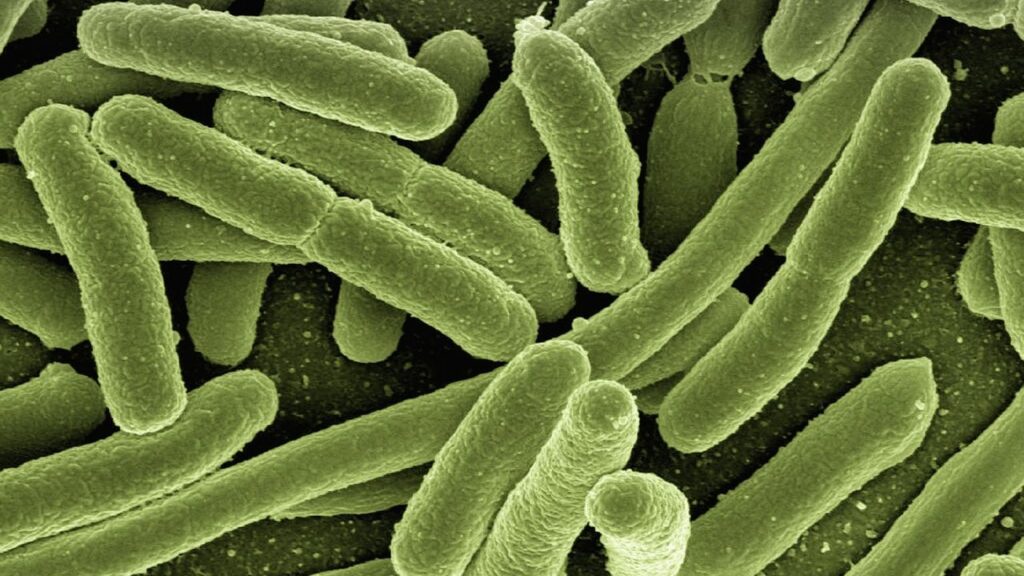
During the study, Baylink and his fellows simulated intestinal bleeding by injecting microscopic amounts of serum and watched the deadly bacteria hunt it down quickly. They report it took less than a minute for it to find the human serum.
WSU Ph.D. student Siena Glenn, lead author on the study, said: “By learning how these bacteria are able to detect sources of blood, in the future we could develop new drugs that block this ability.
“These medicines could improve the lives and health of people with IBD who are at high risk for bloodstream infections.”
University of Oregon, and Tom Asaki, a mathematician at WSU, contributed to the research.
The study was funded by WSU and the National Institute of Allergy and Infectious Diseases.
READ NEXT: Scientists discover echo of rare supernova explosion from 800 years ago
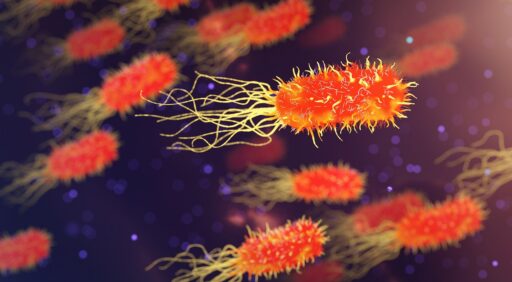
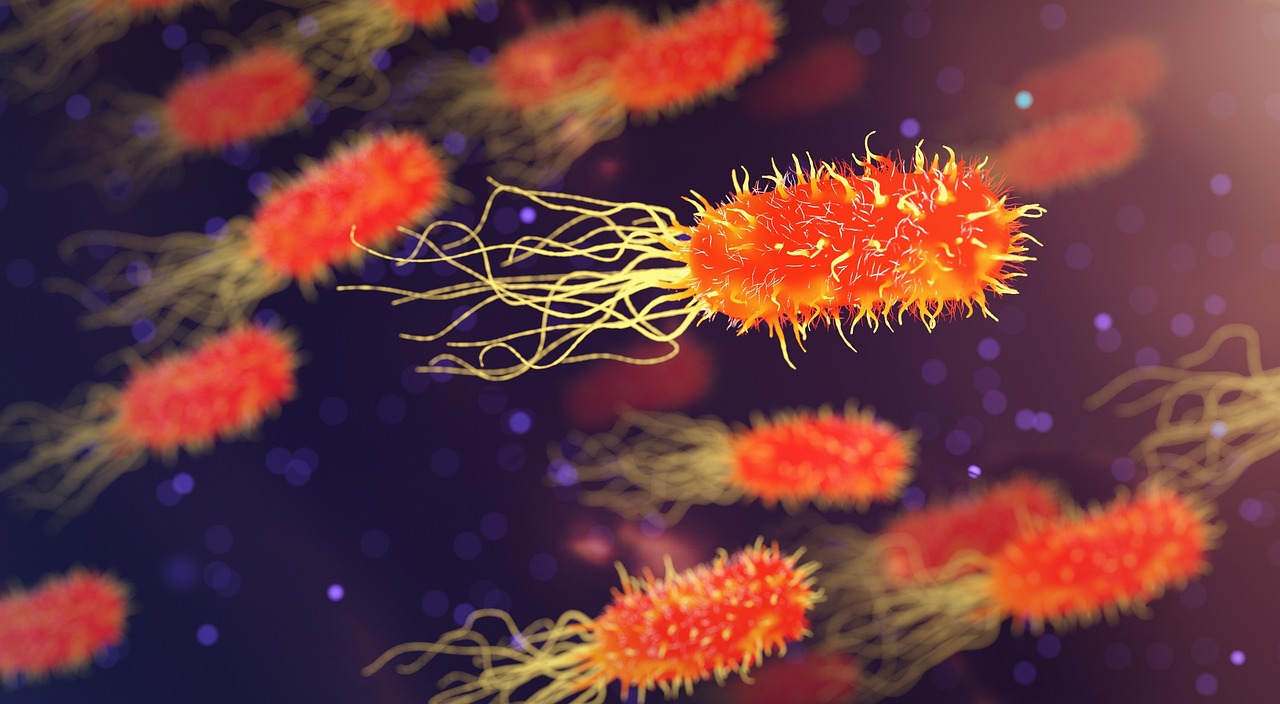


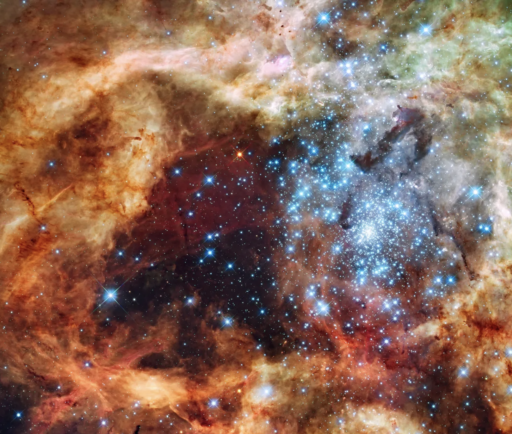
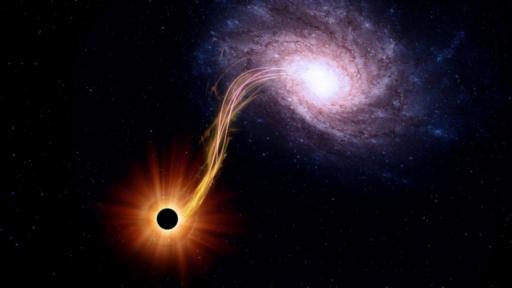
Comments are closed.